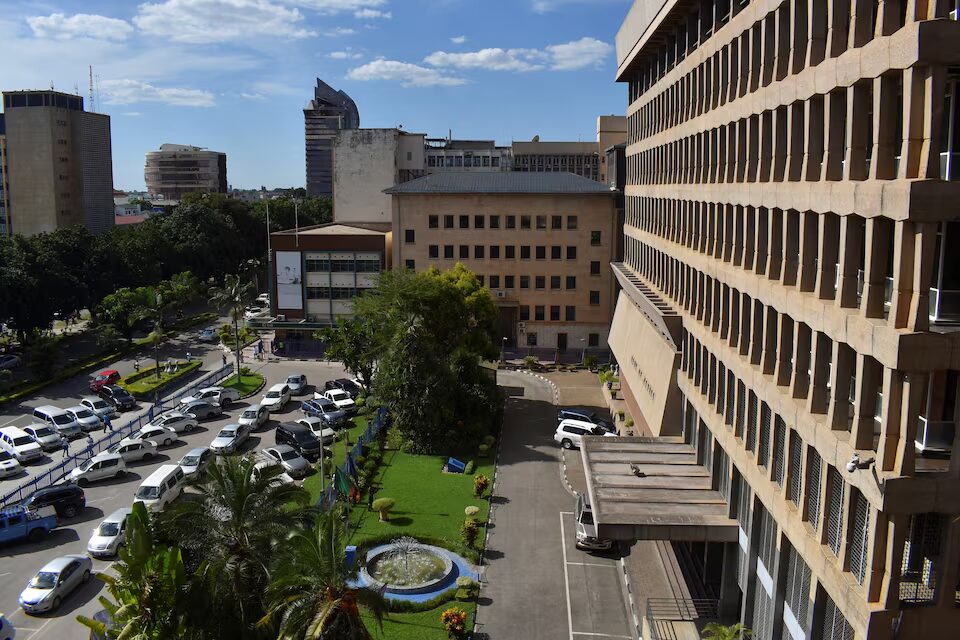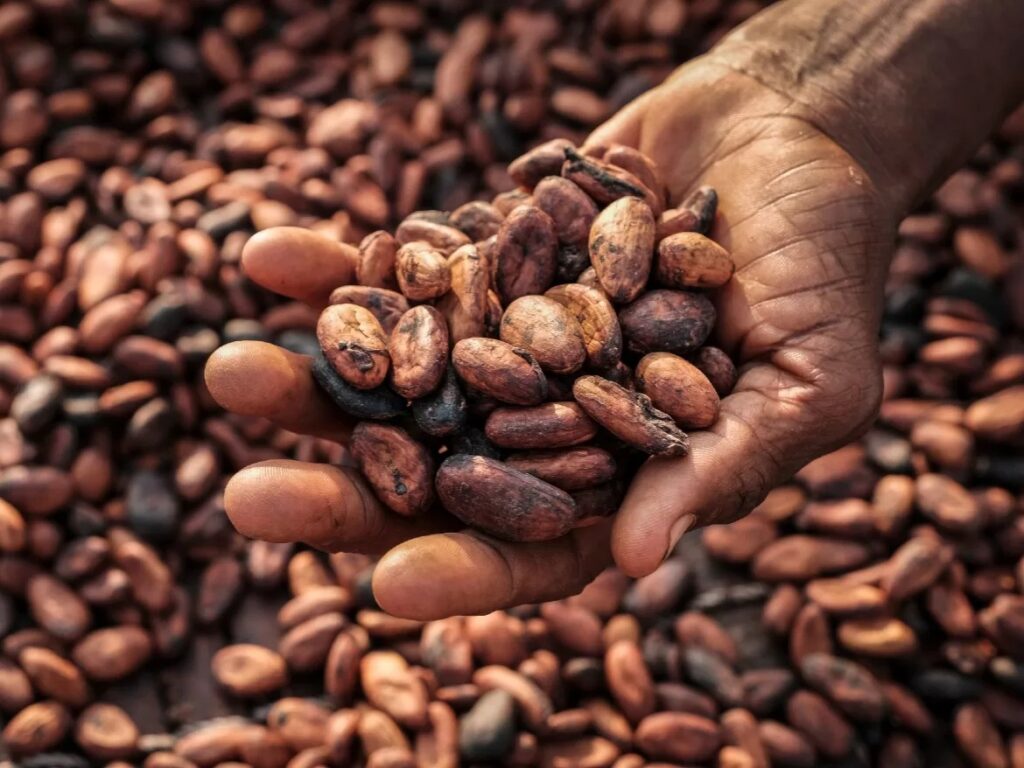
Thursday 17th April 2025

非洲记者报道
Ghana’s cocoa farmers will not receive a mid-season pay increase, following a recent decision by the Ghana Cocoa Board (Cocobod) to keep the farmgate cocoa price unchanged for the current crop season. A leaked letter from Cocobod to licensed buying companies, reported on April 9, revealed that the official purchase price per tonne would remain at the level set in October 2024. This development stands in sharp contrast to neighboring Ivory Coast, which just days earlier announced a 22% increase in its state-guaranteed price for the smaller mid-crop harvest. The move by Ivory Coast aims to cushion farmers from rising production costs and inflation, while also strengthening the cocoa sector’s resilience.
Ghana is the world’s second-largest cocoa producer, after Ivory Coast, and its cocoa sector supports around 800,000 farm families. However, financial constraints appear to have limited Cocobod’s flexibility. The organization has been grappling with mounting debt and high operational costs, prompting concerns that a price hike similar to Ivory Coast’s could further deepen its fiscal deficit. For now, Ghanaian cocoa farmers will continue to receive about GH₵20,943 per tonne (roughly $1,820), whereas their Ivorian counterparts will now earn the equivalent of $2,600 per tonne. The price gap is significant and could have broader implications for the cocoa trade in West Africa.
One of the immediate risks, according to industry analysts, is the possibility of increased smuggling. When price disparities emerge across the Ghana-Ivory Coast border, history shows that some Ghanaian farmers may illegally transport their cocoa into Ivory Coast for higher pay. Such smuggling not only distorts official trade figures but also undermines the efforts of regulatory bodies to manage cocoa supply chains effectively. It could reduce Ghana’s officially recorded export volumes, impact tax revenues, and disrupt supply planning for global buyers.
The reaction among farmer cooperatives in Ghana has been largely one of disappointment. Rising input costs – including fertilizers, pesticides, and labor – have eaten into farmers’ earnings, and many had hoped for a modest price adjustment to ease financial pressures. While Cocobod has promised to support farmers through alternative measures such as input subsidies and bonus payments if global prices remain favorable, these efforts may not fully compensate for the missed mid-season adjustment.
Meanwhile, the decision comes at a time when Ghana is pursuing a restructuring of its cocoa industry as part of an IMF-supported economic reform program. This includes efforts to reduce Cocobod’s losses, improve efficiency, and ensure the long-term sustainability of the sector. Analysts are watching closely to see whether Ghana can maintain its production targets this year, especially after last season’s output was impacted by unfavorable weather conditions and disease outbreaks.
On a larger scale, the situation tests the strength of the cooperation agreement between Ghana and Ivory Coast – sometimes referred to as the “Cocoa OPEC.” The two countries had pledged to work together to stabilize cocoa prices and improve farmer incomes, presenting a united front to global buyers. However, differing pricing policies could strain that partnership and raise questions about the coordination mechanisms within the alliance.
Globally, chocolate companies and consumers are monitoring developments closely. Ghana and Ivory Coast together produce more than 60% of the world’s cocoa, making them central to the stability of global cocoa supply chains. If Ghanaian farmers feel increasingly undervalued, they may reduce investments in their farms, which could impact productivity in the medium to long term.
Balancing farmer welfare, economic realities, and market stability remains a complex challenge for cocoa-producing countries. Ghana’s decision to hold cocoa prices steady may bring short-term fiscal relief, but it also risks long-term consequences for production, farmer motivation, and cross-border cooperation.


